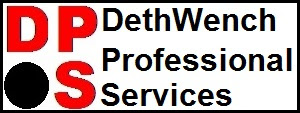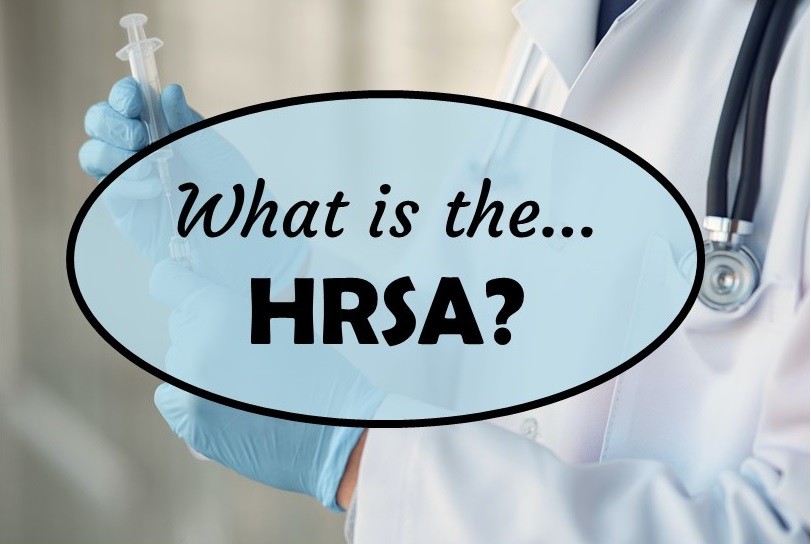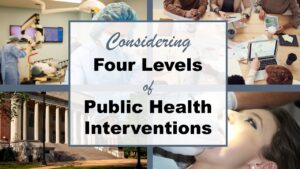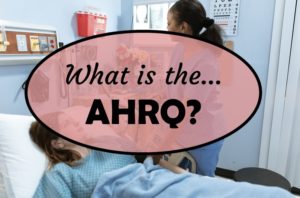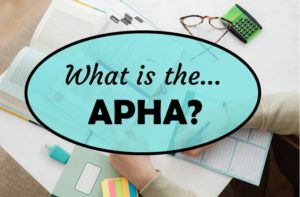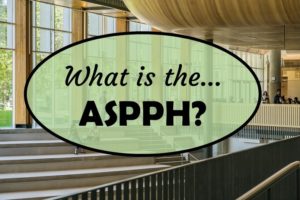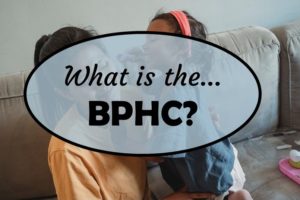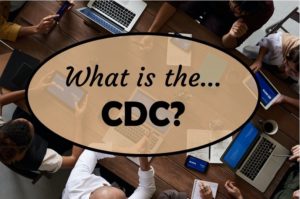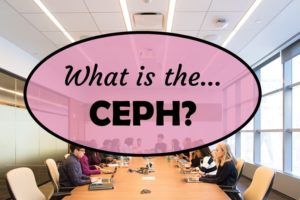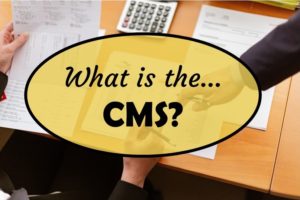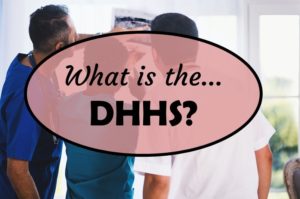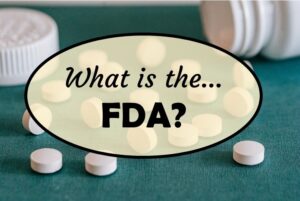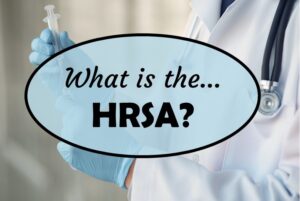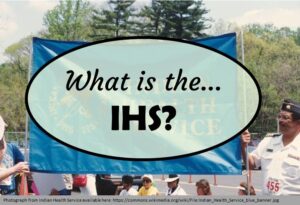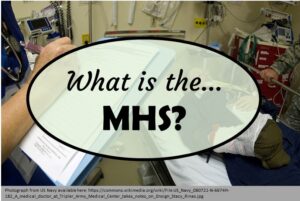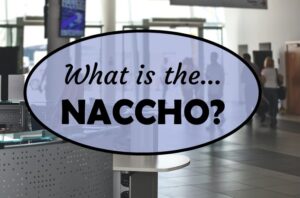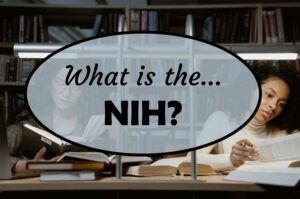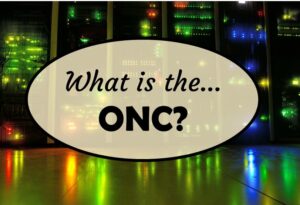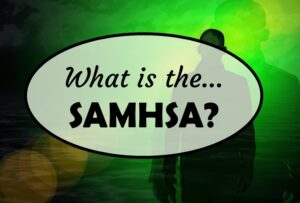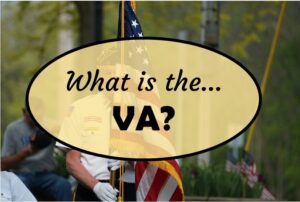“What is the HRSA?” is what I asked later in my public health career. Someone mentioned getting a grant from HRSA, and I was used to getting grants for my team from NIH. So I when I was asking, “What is the HRSA?” I was basically asking, “What kind of grants does this HRSA fund, and can I get some money?”
What is the HRSA?
HRSA stands for Health Resources and Services Administration. It’s basically one of the many agencies your country needs if it does not have universal healthcare. The purpose of the agency is to find a way to get healthcare to people who are “geographically isolated, economically or medically vulnerable”.
What does the HRSA do?
What do they literally do? They literally fund public health departments and healthcare facilities and programs all over the US. Yes, they are essentially a laundromat for taxpayer money. My friend is the head of a HRSA grant that funds local HIV care through a clinic. I also once sat on a team of reviewers scoring HRSA grants.
If you look around you in the US, all you can see is an inefficient healthcare system that is dangerous. HRSA dumps money into this system in a hapless attempt to connect “geographically isolated, economically or medically vulnerable” people with healthcare. By the time the money reaches any destination, it has been so co-opted that it would be a dream if it actually helped its intended audience.
My Take on the HRSA
After I gained a better understanding HRSA, I’m pretty sure HRSA killed my friend Jay. There is a lot of evidence that HRSA and SAMHSA together funded the Drug War. Jay became a heroin user in the late 1980s when his dad suddenly died of a heart attack, and he was grieving. I was about 18 and he was in his early 20s when I met him. He got on a Methadone program to maintain his addiction so he didn’t have to inject anymore. But we noticed that it ate his teeth away, and that other people on the Methadone program randomly dropped dead for no apparent reason.
As time went on, Jay did not get better. He ended up on Medicaid, but they did not give him the treatment he needed. He has some sort of gastrointestinal problem and was very skinny and hated eating. Was that from the chronic Methadone? As time went on, it became clear that Medicaid and public health should be doing something to get Jay off of Methadone and help him become a functional adult. But they just kept dumping Methadone into him.
Methadone is not good for you. It causes many health problems, and so people shouldn’t be on it. This is a layperson’s way of saying that treating people long-term with Methadone is not evidence-based medicine. Therefore, it should not be done – not with HRSA money, not for any reason, period. Yet, they kept dumping the Methadone into Jay.
The program changed over time. They had blue Methadone, clear Methadone, Methadone in different doses. I remember him initially having to go into the clinic, and they would watch him drink it in front of them. He told me it tasted like the thing you drink when they give you an oral glucose tolerance test. I have never tried that either. As the years wore on, the clinic didn’t care anymore about monitoring him taking the Methadone. Jay would come once a month and they’d load him up with bottles and send him home.
No one cared about Jay. It didn’t matter that we have all this evidence-based medicine. Big Pharma, Big Insurance, Big Healthcare and Big Public Health all control Medicaid, and Medicaid wanted to pay for Methadone, and so HRSA was going to fund it. Jay died shortly before the COVID-19 pandemic. They said it was suicide by overdose, but who knows after all these years?
Shortly after Jay died, I served on a HRSA grants review panel. I review grants pretty often, but like one other reviewer, I was new to HRSA review. I learned during the review that we aren’t actually allowed to do peer-review when reviewing a HRSA grant. When the other reviewer who was new and I objected to parts of applications where it didn’t look like the application was strong or evidence-based, we were told we weren’t allowed to object to that. We were told that there is a language called “HRSA-speak” which was made of vague, canned sentences. These were the only sentences we were allowed to use – like, we had to use whole sentences of HRSA-speak. We couldn’t reflect on any specific words or terms the grantwriters had included in their application.
Through that magnetic-poetry process of transforming real peer-review into HRSA-speak, the range of scores on the applications we were reviewing narrowed, and the mean score overall increased. In other words, the whole goal of our HRSA-speak-type review was to fund all these applications regardless of what they said, and defend it in the paperwork we submitted with these HRSA-speak sentences. That’s how the policy was set up. So if we had been reviewing grants about giving Methadone, I wouldn’t have been able to object, no matter how many times I sat on the review committee over the years. Even though the time had passed, even in retrospect, I felt helpless.
I believe that this is how HRSA killed Jay. The HRSA review for me was traumatic – almost as traumatic as when I first learned that Jay had died. This realization that HRSA probably killed him continues to haunt me. Until I can do something to reform that horrible agency, I cannot review for them, and I strongly recommend that other scientists like me ghost them until they start doing real peer-review and evidence-based medicine.
So now when you ask me “What is the HRSA?” my answer is that it’s the part of the US government that killed my friend Jay.
Updated April 7, 2022. Banners added July 11, 2023.
Read all the public health alphabet soup posts, and learn about the public health landscape!
“What is the HRSA?” can be answered two ways: with a short answer, and a long answer. The short answer is that it is the agency that funds public health departments in the United States. The long answer, which I unpack in my blog post, is more nuanced, harrowing, and ultimately, depressing.
